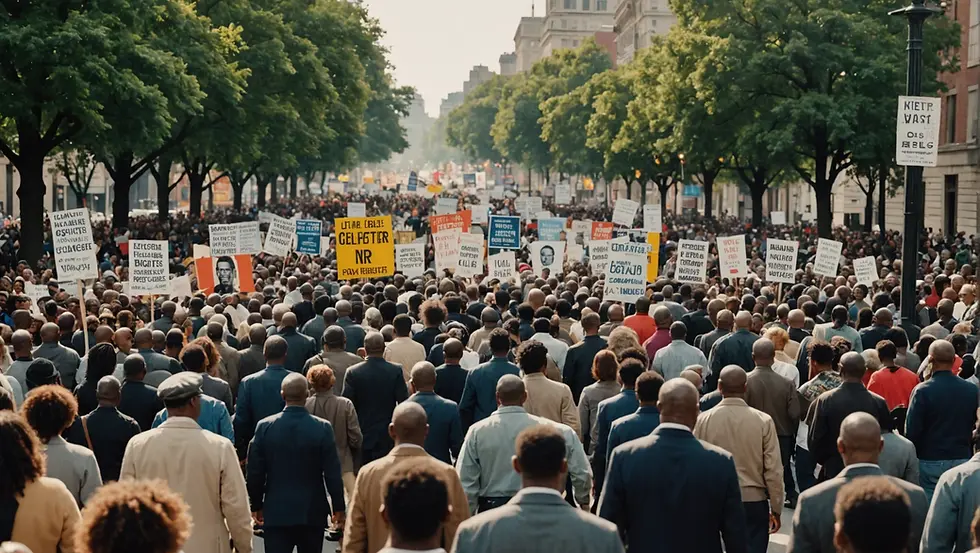The Struggle for Equal Housing: Unveiling Systemic Injustices
- Nov 17, 2024
- 2 min read
Housing is not just about having a place to live; it’s about access to opportunities, stability, and security. Yet, for many African Americans, this basic right has been marred by systemic injustices that have persisted for generations.
Unmasking the Policies of Discrimination
The history of housing discrimination is a dark chapter that has often been overshadowed by other narratives. Policies like redlining, discriminatory lending, and exclusionary zoning have systematically denied African Americans the chance to integrate into middle-class neighborhoods. These policies weren't merely the result of individual prejudices; they were codified into law, affecting countless lives.
The Constitutional Violations
These government-sanctioned actions were in direct violation of the 14th Amendment, which promises equal protection under the law. Despite this, for decades, African American families were barred from buying homes in white neighborhoods, a practice that has left a lasting impact on communities across the United States.
The Lasting Impact
The effects of these discriminatory practices are profound and enduring. The racial wealth gap, disparities in access to quality education, healthcare, and employment opportunities can all be traced back to these unjust policies. The legacy of segregation continues to shape the socio-economic landscape today, making it crucial to address these issues head-on.
A Call for Change
At our social justice organization, we believe that acknowledging and rectifying these historical wrongs is essential for creating a fair and equitable society. We advocate for policy changes that address these injustices and promote equal access to housing for all. Reparations and targeted initiatives can help bridge the gap and ensure that every family has the opportunity to thrive.
Join the Movement
It’s time to take a stand against housing discrimination and fight for a future where everyone has an equal chance to succeed. Join us in advocating for justice and equality, and let’s work together to build communities that reflect the diverse and inclusive society we strive to create.




Comments